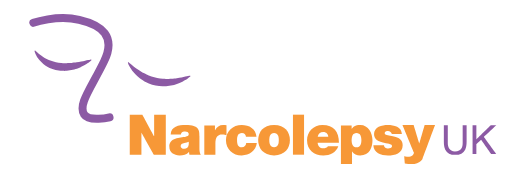I know / work with someone with narcolepsy
If you know or work with someone who has narcolepsy, you will have many questions and concerns. As an employer or HR professional, you may to know how an employer needs to cope with this disability, how it affects the colleague and what reasonable adjustments you will need to make in helping someone with the condition.
What is narcolepsy?
Narcolepsy is a chronic neurological condition characterised by excessive daytime sleepiness. It is often associated with an array of other symptons, including (but not limited to) cataplexy, sleep paralysis, hallucinations, sleep fragmentation, vivid dreams, poor memory, automatic behaviour and obesity.
Narcolepsy is a disability that affects 1 in 2,500 people (around 30,000 in the UK). There is currently no cure, although medication and lifestyle changes can make life more manageable.
What are the main symptons?
All people with narcolepsy experience excessive daytime sleepiness (EDS), characterised by persistent and overwhelming sleepiness during the day. The pressing need to sleep usually builds up over minutes, but some people with narcolepsy can also experience “sleep attacks” where the transition from wake to sleep occurs without warning.
The majority of people with narcolepsy will also experience cataplexy, a sudden loss of muscle tone triggered by intense, often positive, emotions such laughter or surprise. The severity and duration of a cataplectic attack varies widely between people and from one situation to the next. It may cause the lips to quiver and eyelids to close, the jaw to drop and the head to slump, slurred speech and the complete inability to vocalise, paralysis of skeletal muscles and eventual collapse. Importantly a person experiencing cataplexy will remain completely conscious throughout an attack (in contrast to sleep or epilepsy).
When people with narcolepsy are tired, they can exhibit automatic behaviour, loosing consciousness but still able to perform routine tasks as if awake, including writing.
Further information
You may need help to understand what narcolepsy is, what causes it, and how narcolepsy is treated.
You will be concerned to learn what impact has on a sufferer’s life, and how you may be able to help, and what reasonable adjustments might be required in the workplace..
We hope that the resources on this website will help you to find the answers you need.
If you are a teacher and have a student with narcolepsy, you will find information about narcolepsy and education.
If you have a colleague or employee with narcolepsy, you will find information about the impact of narcolepsy on working life.
Please also take the time to learn about Narcolepsy UK and our work, and please do become a Registered Member, so that we can keep you informed with all our latest news.
Of course, our work depends on the generosity of our supporters, so please help us to help people with narcolepsy by making a donation or helping with our fundraising efforts. Workplace fund raisings are an important source of income for us, as well as being a helpful way of ensuring colleagues are aware of the condition and how it affects colleagues.
